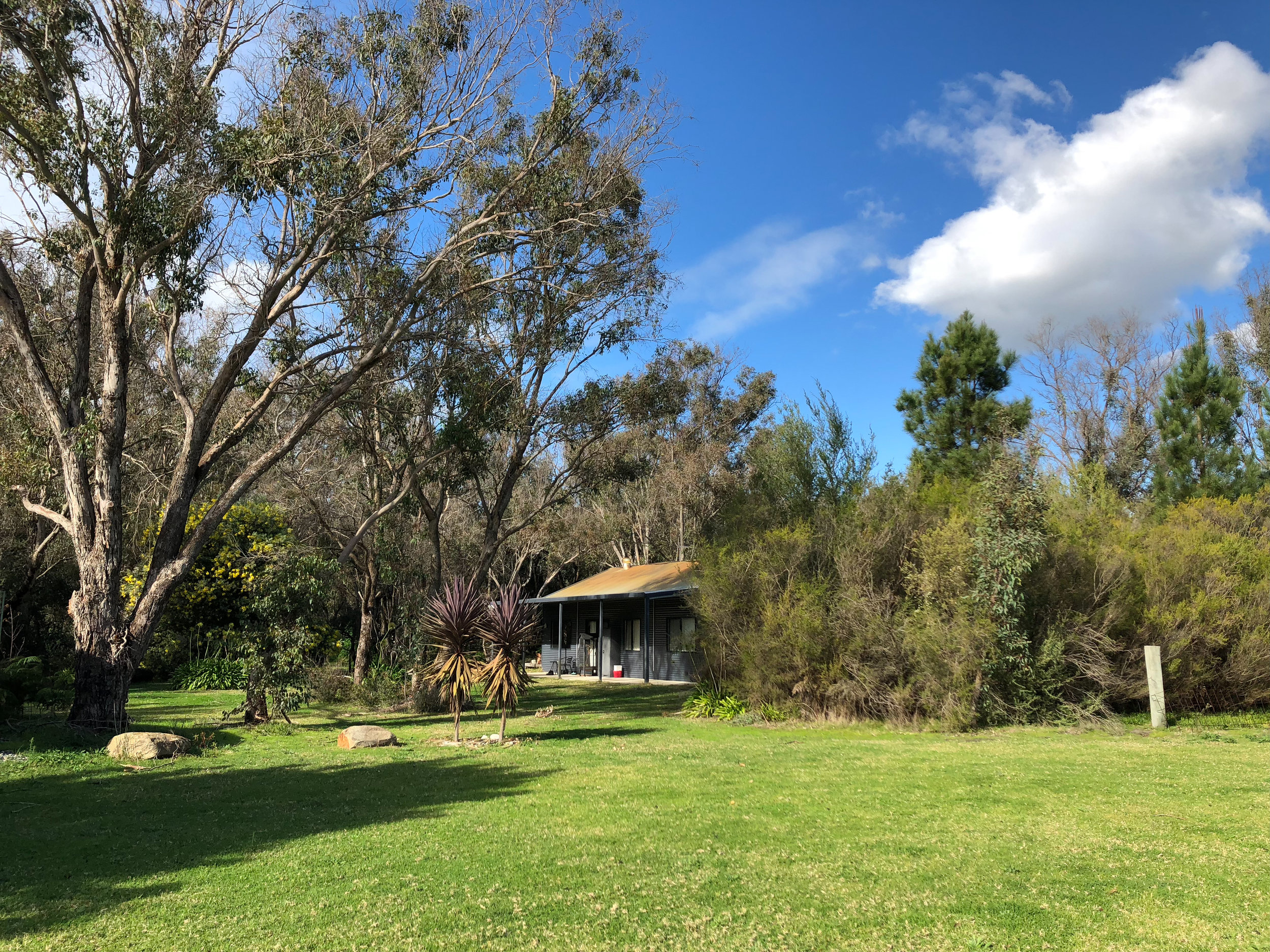
Addiction & Mental Health
Addiction
What is Addiction?
Addiction is the condition of being habitually or compulsively occupied with or involved with something to the point that it increasingly dominates a person’s life and impedes on daily functioning. It involves dependence and excessive behaviours. Addiction can be explained in three parts.
Something that is done regularly, repeatedly, or habitually
There is a compulsive quality to it that seems to go beyond the individual’s conscience control; and
It does not necessarily involve a drug, although that is the most common association.
Addiction is often broken down into two categories: Substance and Behavioural.
Here at Tenacious House we deal primarily with substance addictions meaning alcohol and other drugs (AOD)
-
Most people who experiment with drugs never expect it to become a full-blown battle with addiction.
In the beginning, it can feel like a seemingly harmless escape from physical or emotional pain, however, with prolonged use, the brain’s chemistry begins to change.
Instead of something you have control of, your brain begins signalling an intense need for the drug of choice.
What was once recreational becomes a habit that controls your life. In full-blown addiction, the high is not even the goal anymore, it’s often just using in order to feel somewhat normal.
-
Behavioural addictions can often be a co-occurring issue along with substance addiction as the primary issue or a standalone addiction.
The most common co-occurring behavioural addictions we see at Tenacious House are gambling and sex addiction.
Mental Health
Comorbid, co-occurring, and dual diagnosis all hold the same meaning and refers to the co-occurrence of one more AOD use disorder with one or more mental health and/or medical condition.
It is widely recognised that many AOD clients suffer with co-occurring mental health and medical problems.
Two thirds of all AOD clients are suspected to either display mental health symptoms or have a diagnosable mental health condition.
The most common mental health conditions among AOD clients are:
Anxiety Disorders (Generalised Anxiety Disorder)
Depression
Post-Traumatic Stress Disorder (PTSD)
Personality Disorders (Borderline Personality Disorder and Antisocial Personality Disorder)
Of lesser prevalence are bipolar disorders, psychotic disorders and obsessive-compulsive disorder. A 2013 Australian study conducted by Deane et al. found that 82% of those in current residential rehabilitation had experienced an anxiety disorder and just over 79% had experienced depression. This emphasizes the high incidence or comorbidity amongst AOD clients.
By also addressing any co-occurring conditions — from anxiety and depression to bipolar or PTSD — it decreases your risk of relapse and makes long-term sobriety achievable.
We understand the seriousness of addiction, trauma, and co-occurring mental health issues. In a safe and nurturing community, participants are guided on a personal journey of recovery by examining the underlying causes of their addiction and/or disorders and given the necessary tools they need to find healing.
Are You Ready To Help Save Lives?
Tenacious House stands on the collective goodwill, tenacity and connections of community members.
Through partnering with Tenacious House, your financial support and compassion can help save lives and reunite families.
A dollar in the hands of Tenacious House has a multiplier effect throughout the community.



